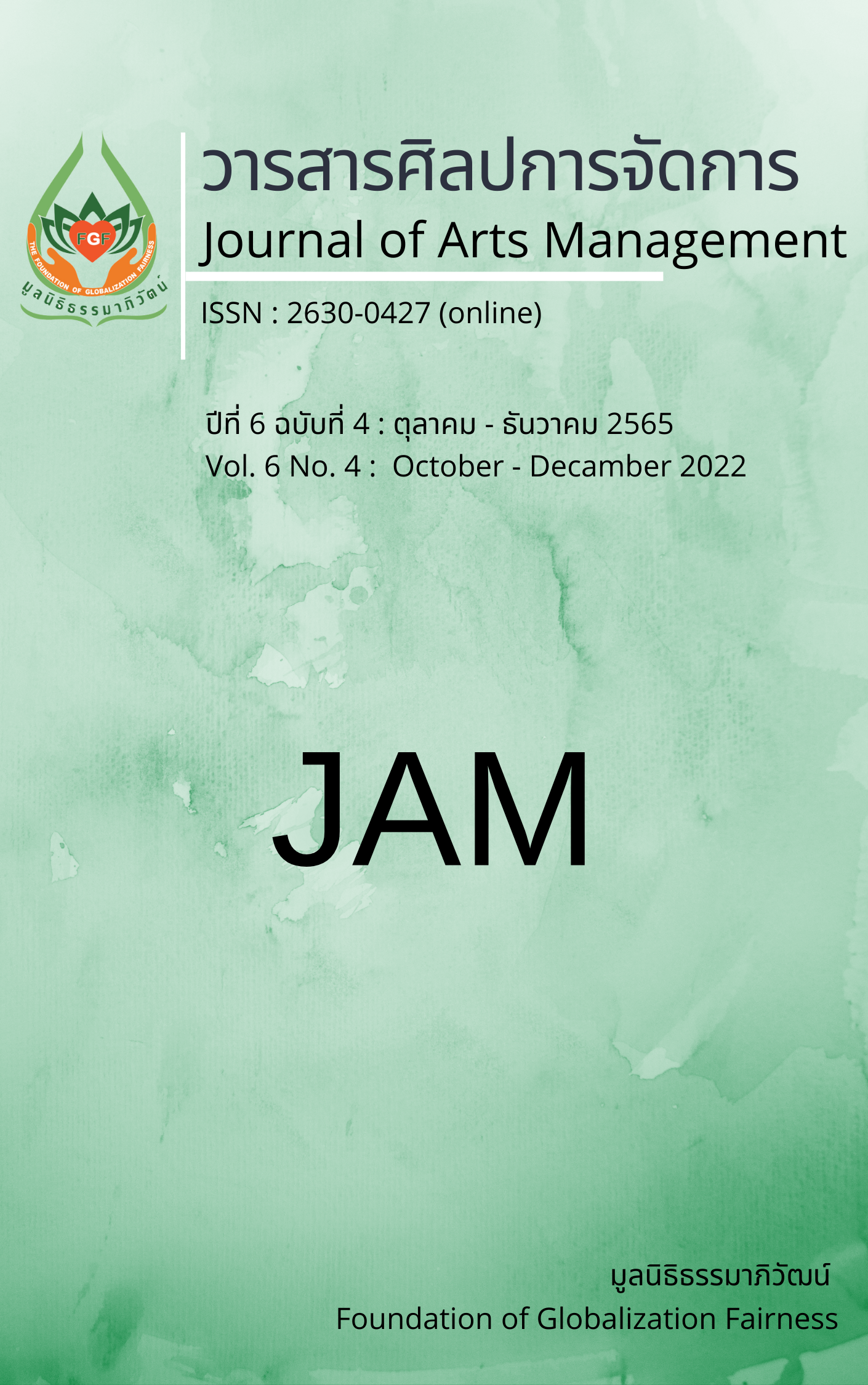Strategic Management for Education Learning Career in Opportunity Expansion Schools Primary Educational Service Area Office Kamphaeng Phet
Main Article Content
Abstract
The objectives of this article were to study conditions, problems, and factors related to educational management for professional learning in order to develop educational management strategies for professional learning and evaluate strategies. Data were collected using questionnaires, group discussions, interviews, and workshops. Expert-based seminars and strategy assessments provided the data, which were analyzed by finding percentages, means, standard deviations, and content analysis.
The results showed that: (1) The condition of education management for vocational learning in schools to expand educational opportunities found that meetings were needed to clarify those involved in planning to appoint personnel and plan educational administration for career learning; (2) Nine strategies were developed, namely: 1) Develop a system and mechanism for developing management plans that are conducive to professional learning and development; 2) Strengthen the organizational structure of educational institutions. in the field of educational management to be appropriate to the context and participation of the public, private, and public sectors; 3) Encourage learners to have knowledge, good attitudes, vocational skills, and entrepreneurship; 4) Develop a system and mechanism for measuring and evaluating vocational skills and entrepreneurship; 5) Develop a monitoring system; 6) Develop a curriculum for career learning in accordance with the current and future career contexts; 7) Strengthen the capacity of personnel in educational management for career learning; 8) Promote a network of cooperation; 9) Improve the management of educational management resources to be effective, and (3) The results of the evaluation of the developed strategies found that the strategies were consistent, appropriate, feasible, and useful, which is at the highest level.
Article Details

This work is licensed under a Creative Commons Attribution-NonCommercial-NoDerivatives 4.0 International License.
Views and opinions appearing in articles in the Journal of Arts of Management It is the responsibility of the author of the article. and does not constitute the view and responsibility of the editorial team I agree that the article is copyright of the Arts and Management Journal.
References
Intharawiset, T. (2019). Technology and Innovation for Instructional in Digital Ages. Veridian E-Journal, Silpakorn University (Humanities, Social Sciences and Arts), 12(6), 474-498.
Ketchonan, N. (2009). Strategic Management. SE-EDUCATION.
Manahiranwat, P. (2013). Global Strategic Management. Green Apple Graphic Printing.
Office of the Basic Education Commission. (2015). Policy Office of the Basic Education Commission Fiscal Year 2015. Agricultural Cooperative Society of Thailand.
Phakphaswiwat, S. (2010). Strategic Management (20th ed.). Amarin.
Rajamanee, Y. (2011). The Strategic Planning of the Elementary Schools in The South of Thailand [Master’s Thesis, National Institute of Development Administration].
Unpho, K. (2022). The Development of Moral School Project Management of Ban Nong Nguak School Pasang District Lamphun Province. Journal of Humanities and Social Sciences Review, 10(1), 105-107.
Sharma, K., Ow jariyapithak, D., Dasri, P., Van Brecht, D., & Sahakijpicharn, D. (2021). Impact of corporate governance on firm efficiency: A study of Thai banking companies. International Journal of Multidisciplinary in Management and Tourism, 5(2), 66-86. https://doi.org/10.14456/ijmmt.2021.8
Srisuk, A. (2021). Organizational Culture Affecting the Strategic Planning of Small-sized Schools under Phranakhon Si Ayutthaya Educational Service Area 1 and 2. Journal of MCU Nakhondhat, 8(2), 311-324.


